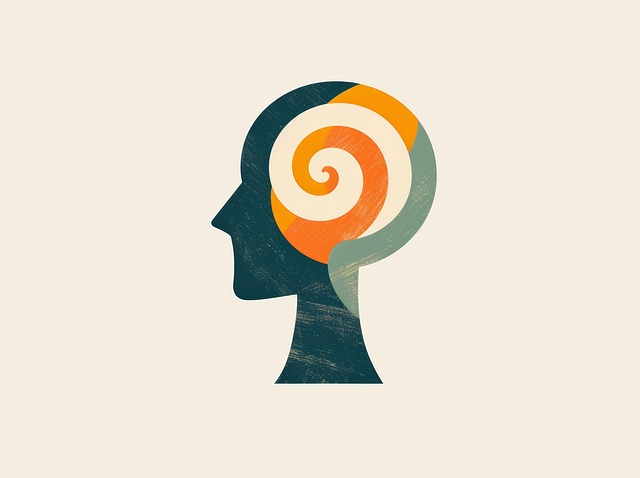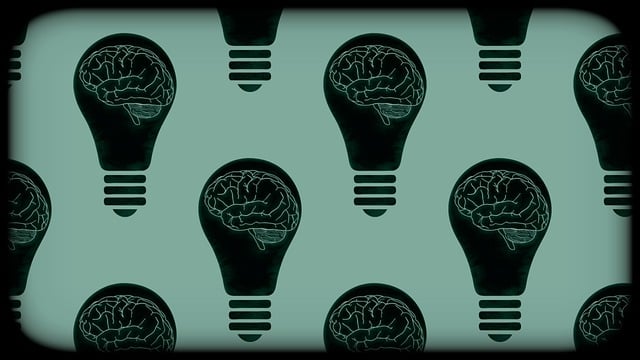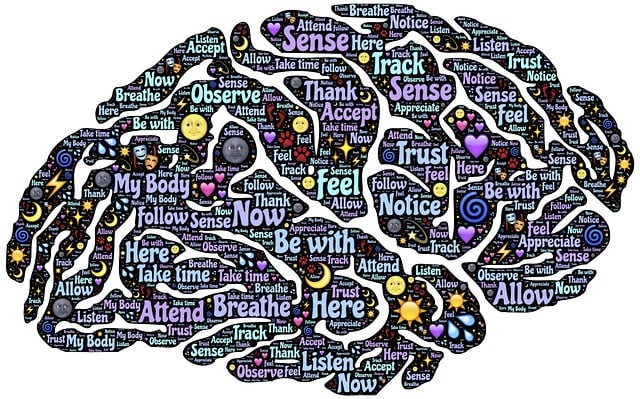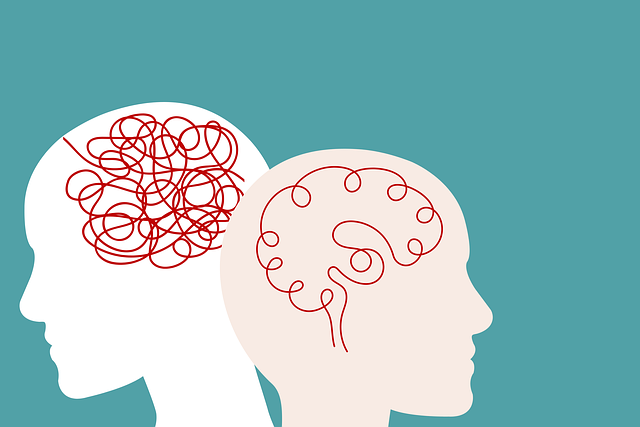Mental healthcare professionals in Littleton, especially those specializing in terminal illness therapy, must prioritize cultural sensitivity to offer effective support. This involves understanding and respecting diverse cultural backgrounds, tailoring emotional regulation techniques accordingly, and creating safe spaces for open dialogue about unique beliefs and traditions. Comprehensive training, such as Healthcare Provider Cultural Competency Training and Compassion Cultivation Practices, equips therapists to address the specific challenges faced by a diverse patient population. By incorporating culturally sensitive language, practices, and traditional coping mechanisms, therapists ensure personalized care that resonates deeply with each individual, leading to improved mood management, anxiety relief, and long-term emotional healing for clients from various cultural origins.
In the diverse landscape of mental healthcare, cultural sensitivity is paramount. This article explores key aspects of providing inclusive therapy, especially in practices catering to terminal illness patients in Littleton. We delve into understanding cultural diversity’s impact on mental health, challenges faced by local therapists, and effective strategies for enhancing cultural competence. Through training, education, and measured evaluation, we can revolutionize care, ensuring every patient receives support tailored to their unique background.
- Understanding Cultural Diversity in Mental Healthcare
- Challenges Faced by Littleton Terminal Illness Therapy Practices with Diverse Patients
- Strategies for Incorporating Cultural Sensitivity in Therapy Sessions
- The Role of Training and Education in Enhancing Cultural Competence
- Measuring Success: Evaluating the Impact of Cultural Sensitivity in Mental Health Care
Understanding Cultural Diversity in Mental Healthcare

In today’s diverse society, mental healthcare professionals must embrace cultural sensitivity to provide effective therapy. Understanding and appreciating cultural diversity is crucial for establishing a safe and supportive environment for clients from various backgrounds, including those seeking Littleton terminal illness therapy. Each individual brings unique experiences, beliefs, and values shaped by their culture, which can significantly impact their mental health and therapeutic needs.
By recognizing this diversity, therapists can adapt their practices to include emotional regulation techniques tailored to specific cultural contexts. For instance, conflict resolution strategies that work for one patient might not be suitable for another due to cultural differences in communication styles. Similarly, trauma support services must consider the diverse ways trauma manifests across cultures to offer adequate assistance. This nuanced approach ensures that clients receive personalized care, fostering better engagement and ultimately leading to more positive therapeutic outcomes.
Challenges Faced by Littleton Terminal Illness Therapy Practices with Diverse Patients

Practices providing Littleton Terminal Illness Therapy often encounter unique challenges when catering to a diverse patient base. With an increasing population of varied cultural backgrounds and beliefs, mental healthcare professionals must navigate complex ethical and communication issues. For instance, patients from different ethnic groups may have distinct views on illness, death, and coping mechanisms, which can significantly impact the therapeutic process.
These cultural disparities demand that Littleton Terminal Illness Therapy practices prioritize Healthcare Provider Cultural Competency Training. Such training equips providers with the skills to offer empathetic care, ensuring patients feel heard and understood. Incorporating Compassion Cultivation Practices into therapy sessions allows for a deeper connection, fostering an environment where patients can openly discuss their fears, traditions, and desires, thereby enhancing depression prevention strategies.
Strategies for Incorporating Cultural Sensitivity in Therapy Sessions

Incorporating cultural sensitivity into therapy sessions is essential for providing effective care to a diverse range of clients, especially when dealing with sensitive topics like terminal illness in Littleton. Therapists should begin by actively listening to and understanding their clients’ cultural backgrounds, beliefs, and values. This involves creating a safe and non-judgmental environment where clients feel comfortable sharing their experiences. By showing genuine interest and respect for their culture, therapists can build trust and foster open communication.
Effective strategies include using culturally sensitive language, adapting therapeutic techniques to align with the client’s cultural practices, and incorporating their traditions and beliefs into therapy. For instance, when dealing with terminal illness, a therapist might incorporate stress management techniques tailored to the client’s cultural coping mechanisms, focusing on depression prevention through culturally relevant activities or discussions. These approaches not only enhance the overall therapeutic experience but also ensure that care is personalized and meaningful for each individual, regardless of their background.
The Role of Training and Education in Enhancing Cultural Competence

Effective mental healthcare practice requires a deep understanding and appreciation of cultural diversity. Training and education play a pivotal role in enhancing cultural competence among healthcare professionals. Programs focused on Littleton Terminal Illness Therapy, for instance, must incorporate modules that explore various cultural beliefs, values, and practices related to end-of-life care. By exposing practitioners to diverse perspectives, they gain the skills needed to deliver empathetic and culturally sensitive support.
These educational initiatives should emphasize self-awareness exercises, enabling healthcare providers to recognize their own biases and preconceptions. Through engaging in these activities, professionals can improve their ability to adapt their therapeutic approaches, ensuring that interventions are tailored to meet the unique needs of each client. Moreover, training in cultural sensitivity contributes to better mood management and anxiety relief strategies, fostering a safe and supportive environment for individuals from different cultural backgrounds seeking therapy, whether it’s for managing terminal illness or addressing broader mental health concerns.
Measuring Success: Evaluating the Impact of Cultural Sensitivity in Mental Health Care

Measuring success in mental healthcare is a multifaceted process, and evaluating the impact of cultural sensitivity is no exception. It involves assessing how effectively healthcare providers understand and address the unique needs of diverse patient populations, ensuring equitable access to quality care. This goes beyond mere satisfaction surveys; it delves into tangible outcomes and long-term emotional healing processes. For instance, in the context of Littleton Terminal Illness Therapy, a culturally sensitive approach might lead to improved patient engagement, better adherence to treatment plans, and enhanced overall mental wellness.
Healthcare provider cultural competency training plays a pivotal role here. Such training equips professionals with the skills to navigate complex cultural dynamics, fostering environments that are inclusive and safe for all patients. As these skills are integrated into clinical practice, it becomes possible to identify and mitigate potential barriers to care, ultimately reflecting positively on the overall success of mental health services.
Mental healthcare professionals must embrace cultural sensitivity to provide effective treatment, especially within diverse communities. By understanding the unique challenges faced by Littleton Terminal Illness Therapy practices serving a wide range of patients, therapists can tailor their approaches. Implementing strategies that incorporate cultural awareness during therapy sessions fosters a safe and inclusive environment. Ongoing training and education play a pivotal role in enhancing cultural competence, ensuring professionals remain equipped to navigate complex cultural nuances. Ultimately, measuring the impact of these initiatives through evaluation is essential to demonstrate improved patient outcomes and satisfaction within this critical healthcare domain.












